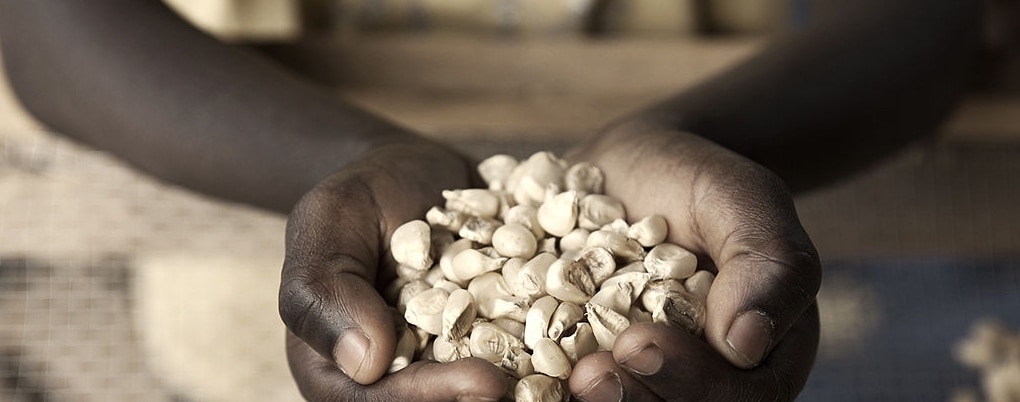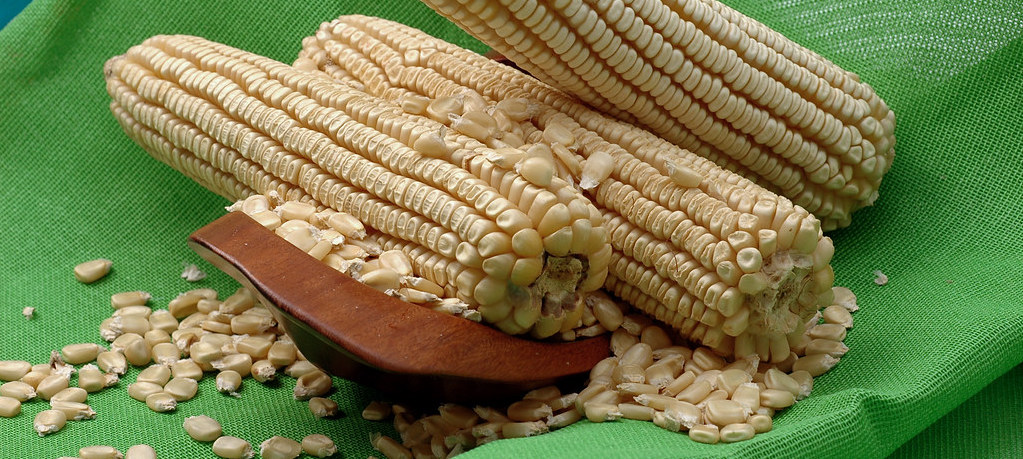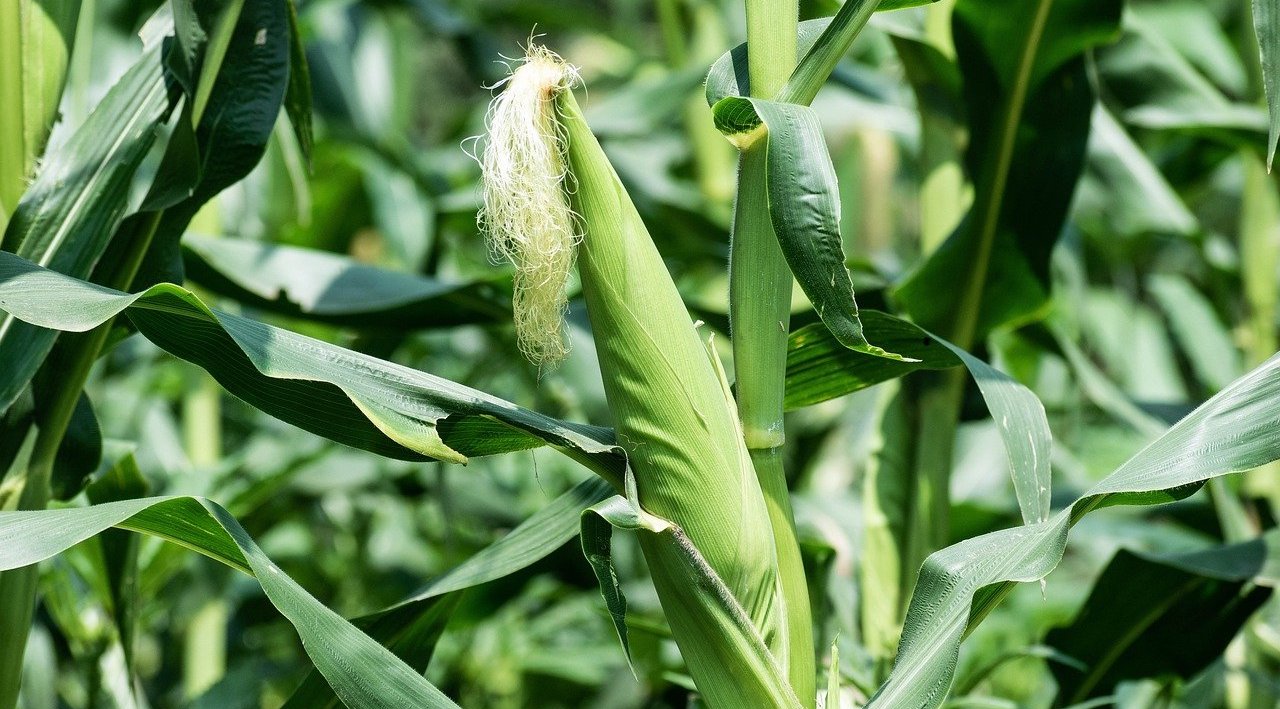The role of extension services agriculture cannot be over emphasized. It has remained one of the major driving forces in the development of agriculture and invariably rural development across Africa.
For Sasakawa Global 2000 (SG2000), an organization which thrives on promoting agricultural intervention schemes, extension services are crucial in promoting the businesses of smallholder farmers.
In light of this, Prof. Sani Ahmed-Miko, Country Director, Sasakawa Global 2000, together with his team put together a concept note to apply for a grant from AGRA under the PASS programme.. An old classmate who was an AGRA grantee at the time had told him about an opening over the phone.
In 2014, the proposal which focused on soil health, extension agents and farmers was approved and SG2000 received a grant of $752,380 for a 3 year project in Kaduna and Kano state in Nigeria’s northern region.
In line with the specifications of the grant, SG2000 came up with an idea that would transform extension services through an approach known as the innovation platform. “It is an innovative extension system whereby you bring in the beneficiaries and any other person within the agricultural industry to form a kind of platform whereby challenges and problems along the value chain can be discussed and solutions proffered by those stakeholders,” Prof. Miko explained.
The platform was divided into two subcategories, the strategic innovation platform consisting of input supply industries and policy makers, and the operational innovation platform. At the operational level, there are various stakeholders including the transportation and logistics team, outgrowers and seed makers. While the tough decisions are referred to the strategic innovation platform.
In a bid to ensure that the society partakes in this extension programme and takes full responsibility, SG 2000 aggregated the farmers into 60 farmer groups and 3 clusters (consisting of 1500 farmers in each) in addition to 500 other beneficiaries in 10 local governments in Kano state consisting. An umbrella association was also set up to make some crucial decisions, while the conventional extension agents taxed manage these group were supported by the government and also provided with a monthly stipend and other logistics support.
In each cluster there is also a representative elected by the people,” we ensure that this person can read and write and then we prepare them to become community based facilitators. We train them on how to properly deliver extension messages to their own,” he said. Supervised by each extension agent, each cluster has a community based facilitator who facilitates training and communication.
“We source for solutions to some of the problems that emanate from the cluster discussions. For instance to address lack of seeds, or improved variety the farmer can find a seeds company on the platform, we verify the quality of the variety and then supply it to farmers,” explains Prof. Miko. SG2000 also provides farmers with packages to aid them on the farm and then supervises these processes to ensure it is done at the right time.
With the help of the grant, SG 2000 was able to exceed its initial target of 30,000 farmers (15,000 from each state), reaching out to nearly 45,000. The organization also trained 80 extension agents including community based facilitators. SG2000 also introduced better seeds in turn increased the yield of the farmers. “We also introduced improved varieties of groundnut and cowpea and it was being adopted by the farmers. This increased their yield, for some farmers their yield doubled from 2 tons to 4 tons or 5 tons especially for maize.”
The training provided by AGRA also gave the farmers more access to improved technologies and post harvest yields. The organization also set up fully equipped community resource centres.
According to Prof. Miko, many farmers were able to purchase motor bikes, enroll their children in better schools and also save better for rainy days. It was also discovered that during the duration of the project a large number of Muslim farmers in Kaduna state were able to raise funds to visit Saudi Arabia for the annual pilgrimage.
The work of SG2000 paved the way for others as new projects focused on improving soil health continue to spring up till date. AGRA truly left a legacy that will inspire change in Nigeria’s agricultural sector.






